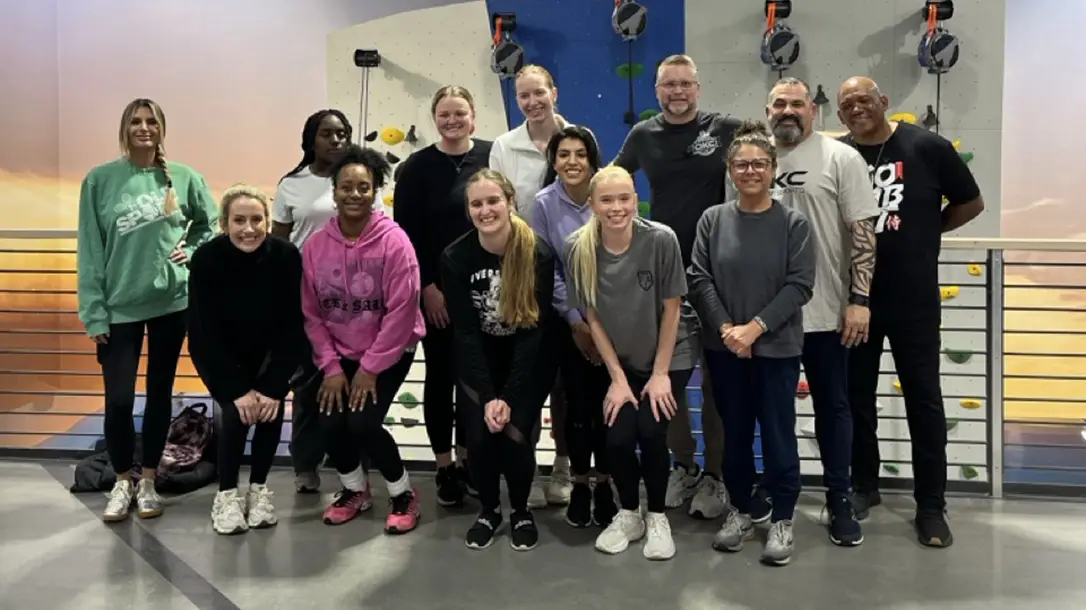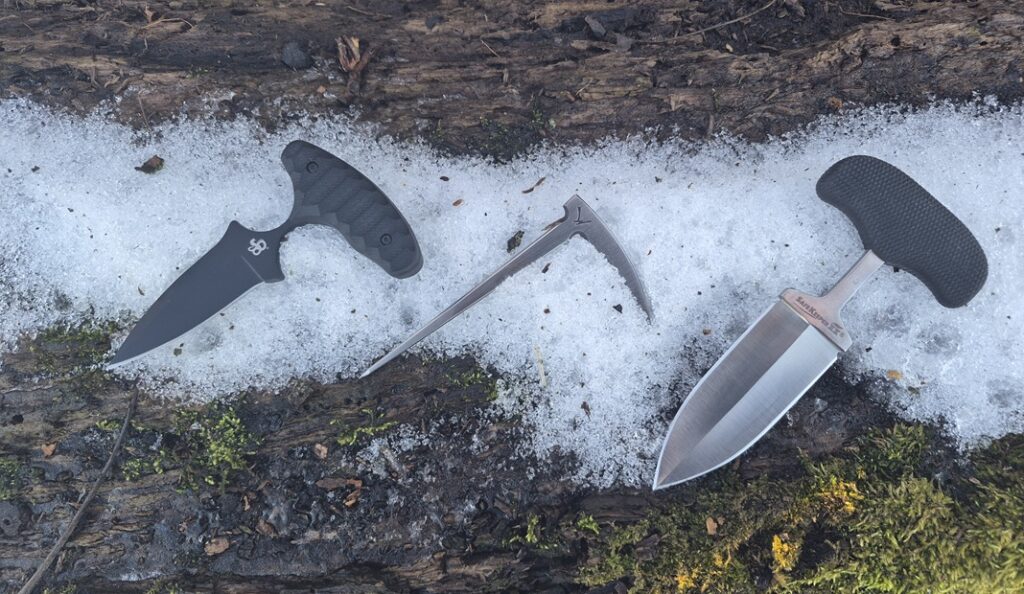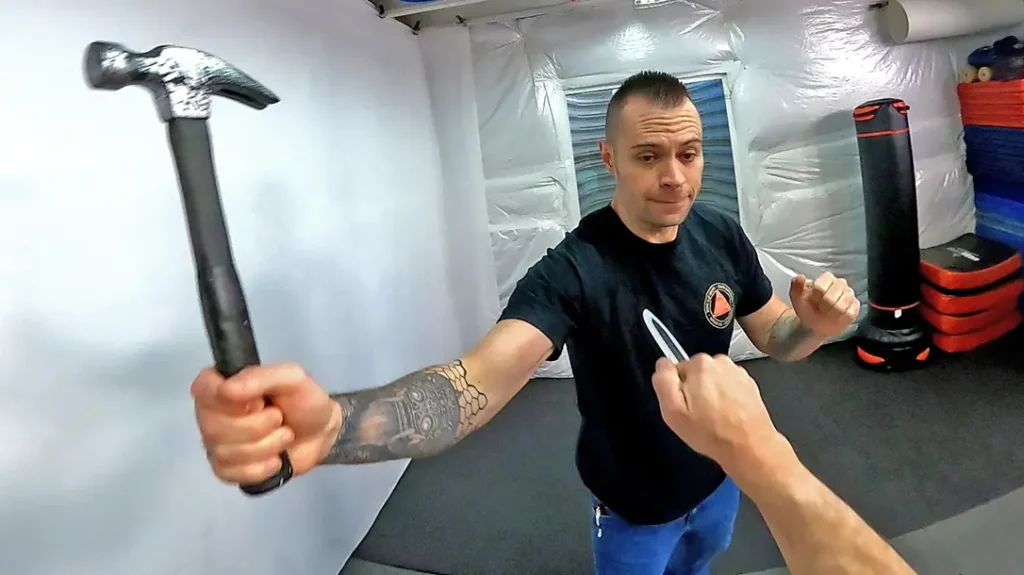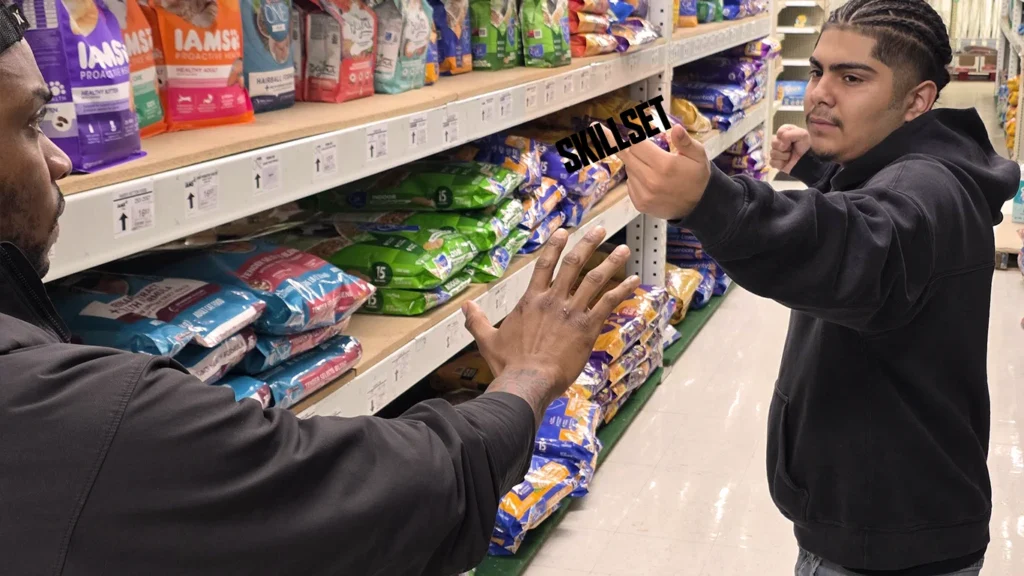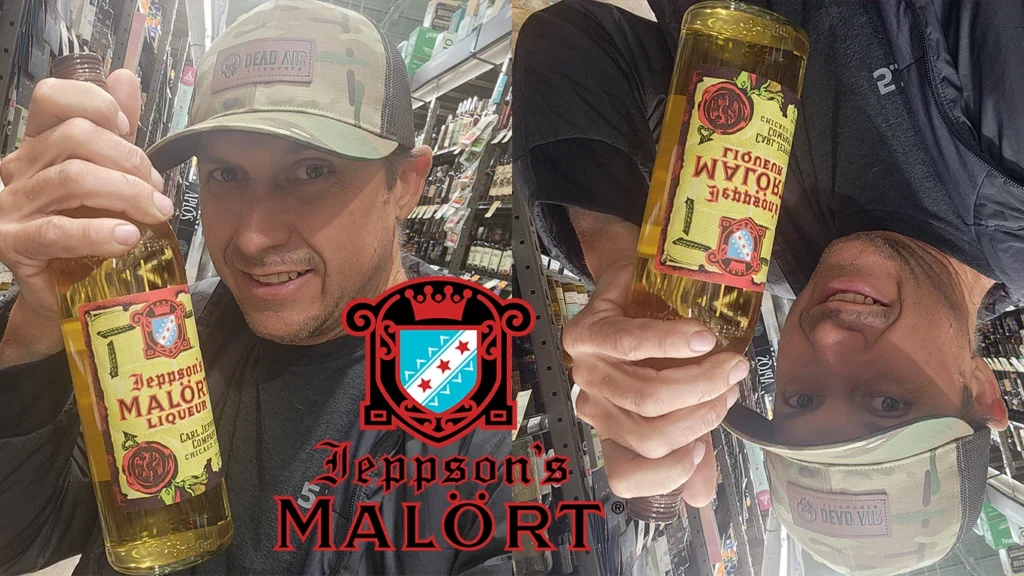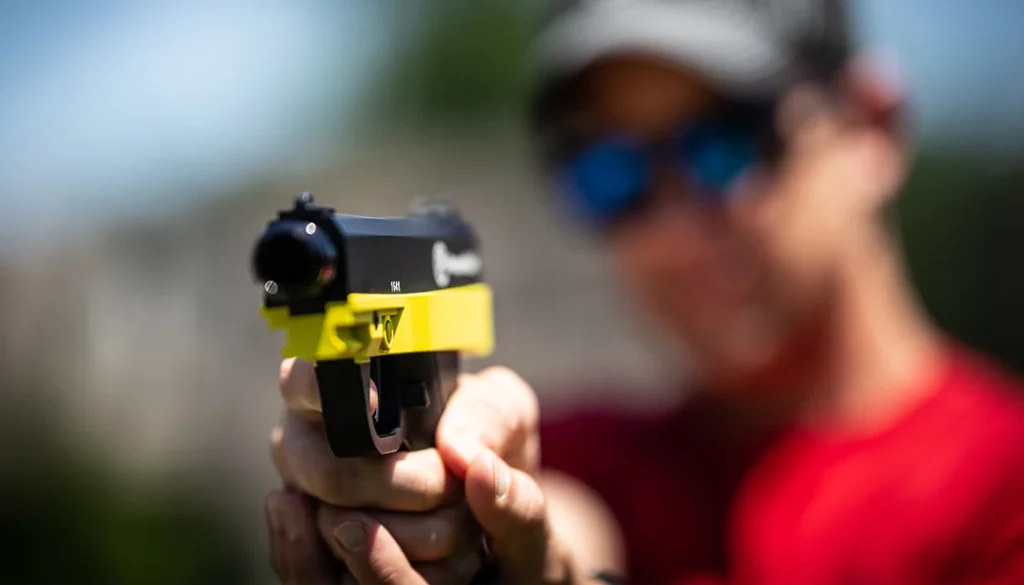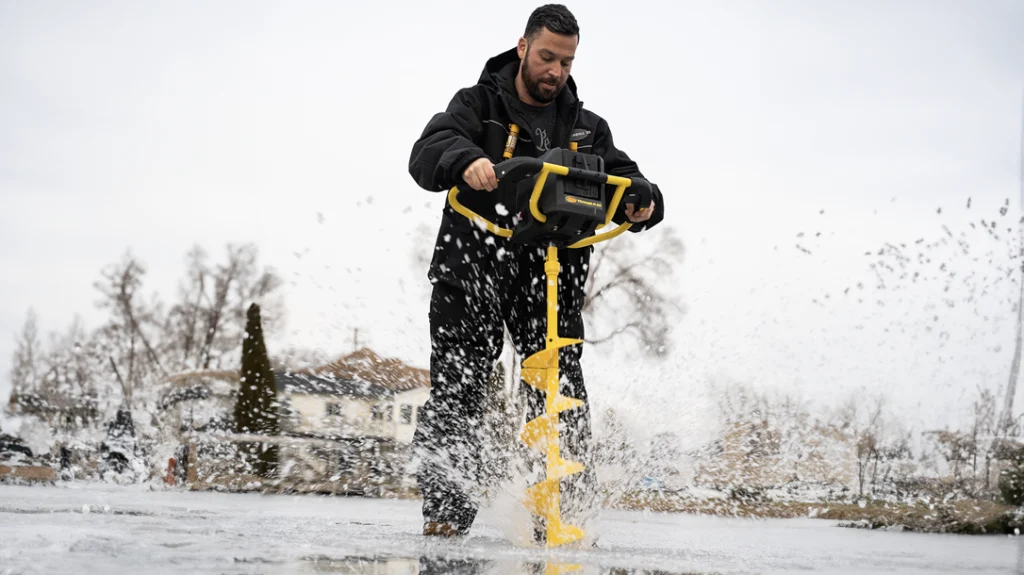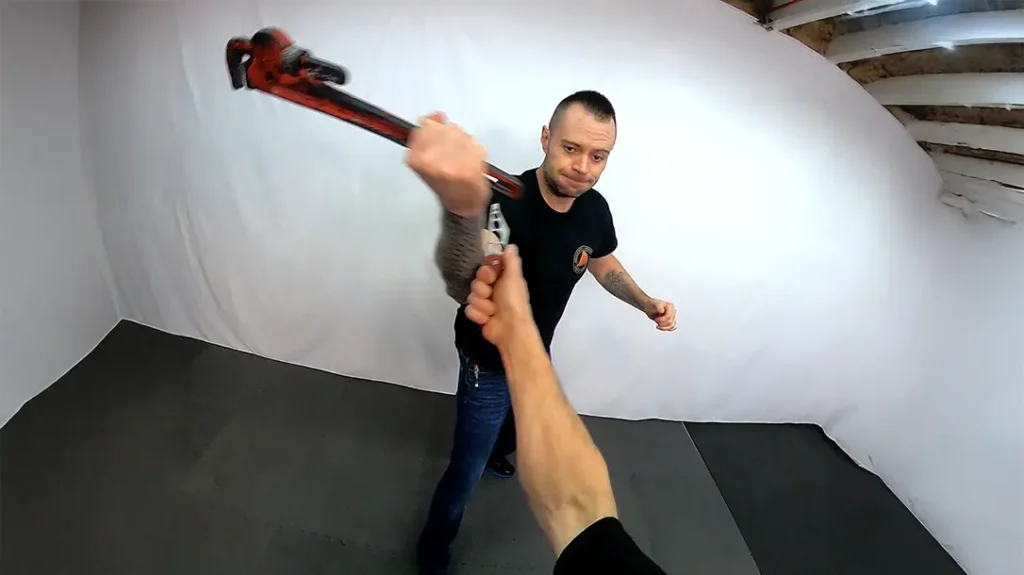Sending our kids off to college has always been a bittersweet milestone. For parents, it’s a moment of pride, but it can also be concerning for parents of young women. While campuses are designed to foster learning, growth, and independence, they also present real, often under-discussed risks. This is where Operation Halo comes in.
Why Operation Halo?
The statistics don’t lie. According to the National Center for Education Statistics, over 28,000 criminal incidents were reported on college campuses in a recent year. This includes assaults, stalking, and other violent crimes.
The Rape, Abuse & Incest National Network (RAINN) reports that 13% of all college students experience sexual assault through physical force, violence, or incapacitation. In total, 9.3 million Women ages 13-24 will experience physical and/or sexual violence in their lifetime.
Advertisement — Continue Reading Below
For many, the first few months of college—often referred to as the “Red Zone”—are particularly dangerous. Freshmen, especially women, are most vulnerable during this time as they navigate new social cliques, environments, and independence. The combination of unfamiliar settings, alcohol, and peer pressure creates an atmosphere where predatory behavior can spiral unchecked.

While universities do their best to mitigate risks through campus security, blue-light emergency phones, and occasional self-defense seminars, these solutions are largely reactive. A student being followed on campus needs the tools to recognize the danger before they find themselves in a crisis, not just the knowledge of where the nearest emergency call box is.
As a Firearm Instructor, I have researched and studied Situational Awareness practices for nearly a decade. I can’t help but look for programs to help students build the skills to keep them out of harm’s way.
Advertisement — Continue Reading Below
The “This Won’t Happen to Me” Mentality
One of the biggest challenges in personal safety training is getting people to acknowledge their own vulnerability. Many students believe that danger is something that happens to “other people,” not them. They assume they already know how to be aware, live in a safe area, or that bad things only happen to those who make poor choices.
The truth is that violence doesn’t discriminate based on perceived awareness or location. It can happen anywhere, anytime, even in broad daylight or familiar environments like dorms and well-lit streets. Often, it occurs when people let their guard down because they believe they don’t need to worry.
Instead of relying on the hope that they’ll never face a dangerous situation, students should be preparing for the possibility. Training in Situational Awareness doesn’t create paranoia—it fosters proactive thinking. The goal isn’t to live in fear but to develop the mindset and habits that allow for navigating the world with confidence and control.
Advertisement — Continue Reading Below

Situational Awareness isn’t about fear—it’s about control. Being prepared means having the ability to make better choices, avoid bad situations, and react effectively if something does happen.
Law enforcement, military, and security professionals train in situational awareness because they understand its value. If the very people responsible for keeping us safe believe in this training, why wouldn’t young women and students benefit from the same skills?
Advertisement — Continue Reading Below
It’s not about expecting the worst—it’s about being ready for anything. We learn fire drills, even though most people will never experience a fire. Similarly, self-defense education should be viewed as basic life preparedness, not paranoia. Teaching young women how to protect themselves isn’t fear-mongering—it’s empowerment.
Situational Awareness is Taught – Not Assumed
The best way to survive a dangerous situation is simple: don’t be in one.
As High Schoolers get ready to graduate and head to campus, the conversations about preparedness can and do come up. Specifically, concerned parents sending their daughter to school may have those conversations. However, one heart-to-heart about being careful isn’t going to create a mindset for her personal safety.
Advertisement — Continue Reading Below
That might sound obvious, but the reality is that most people never receive any formal training in situational awareness. Instead, students are taught to react—call the police, run to safety, press an emergency button, etc. But by the time a reaction is necessary, the situation has already escalated.
Looking at the way these systems are designed, we can’t help but ask, “Why?” What if we trained students and young adults to spot danger before it materialized? Why don’t we give them tools instead?

Advertisement — Continue Reading Below
Situational Awareness isn’t about paranoia. It’s about understanding human behavior, recognizing pre-incident indicators, and making smart choices in real time. It’s the difference between unknowingly walking into a high-risk situation and seeing the warning signs early enough to make a different choice. That’s valuable for everyone.
Looking for resources and searching for proactive education, I found Operation Halo. It is one of the first programs designed specifically for pre-college and college-aged Female students to fill this void.
Unlike traditional self-defense courses focusing on physical techniques, Operation Halo emphasizes proactive safety strategies. It teaches students how to identify, avoid, and de-escalate threats before they become emergencies.
What Is Operation Halo?
Operation Halo is new, launched in January 2025 (Co-founders, Mike Darter, Stan Campbell and Ashlyn Darter). OH is an online self-defense and situational awareness training program designed to give Pre-College and College Female Students the tools they need to navigate their world confidently and intelligently.

They’re led by experts in self-defense, law enforcement, and personal security. The program is not about fear—it’s about preparation. It provides on-demand, structured training that students can complete at their own pace.
It covers real-world safety topics, including:
- Situational Awareness 101: How to assess your surroundings, identify potential threats, and avoid dangerous situations before they unfold.
- Social Media & Online Safety: Protecting against digital stalking, phishing scams, and social engineering tactics.
- Defensive Driving & Vehicle Safety: Avoiding follow-home crimes, carjackings, and common road-based threats.
- Sexual Assault Awareness & Prevention: Recognizing red flags in relationships, party safety strategies, and emergency response protocols.
- Human Trafficking Awareness: Dispelling myths and teaching practical strategies to avoid being manipulated or targeted.
The first Operation Halo Situational Awareness 101 class is live. As the fundamental building block for all other courses, it is free to all. Although designed with young women in mind, the curriculum can benefit all students.
What’s the Standard for Safety?
Universities provide basic safety measures such as campus security, emergency call boxes, nighttime escort services, and occasional self-defense classes. While these resources are valuable, they are all reactive rather than proactive.
That’s the rub—a student in distress needs immediate knowledge and practical tools to recognize and escape a threat. Not just a phone number to call for help after an incident has already occurred. Operation Halo could be the missing piece in campus safety, offering students training to identify potential dangers before they escalate.
In this writer’s opinion, this type of education should be a standard part of the college experience. These are the skills that foster capable, responsible, and prepared adults.
While Operation Halo is available to individual students, one of the organization’s biggest goals is integrating safety education at the institutional level.
The vision is a future where every college includes Situational Awareness training as part of freshman orientation, teaching students how to protect themselves before they even step onto campus.
For universities, this presents an affordable, high-impact way to improve student safety. Rather than relying only on security personnel or outdated safety briefings, they can empower students with real-world skills that could save their lives and create a safer campus and community.
Programs and services like Operation Halo could partner with colleges and universities to make this happen.

What’s Next for Operation Halo?
I spoke with founder Ashlyn Darter about the direction Operation Halo is headed.
She answered, “With Situational Awareness 101 live, Operation Halo is in full growth mode.”
The goal? Expanding its student base and building awareness so more young adults can access this critical training.
Elements on the horizon:
- Releasing More Courses: Expanding into hands-on defensive tactics, travel safety, and advanced digital security.
- Building Institutional Partnerships: Collaborating with residential life programs to bring OH into official student safety curricula.
- Growing a Community: Engaging students, parents, and advocates through social media, influencer partnerships, student ambassadors, live events, and podcasts.
This isn’t just another online course. It’s a fundamental shift in how we teach young adults to protect themselves and create safer campuses, in a world full of evolving threats.
Responsibility to Act
The reality is: reactive campus safety measures aren’t enough. Students need proactive training, not just emergency response options. They need situational awareness skills that empower them to avoid danger before it happens.
Programs like Operation Halo are a huge step forward in solving this problem. For this writer, I don’t care who takes action, just that someone does. The more students participating in this training, the safer campuses will become.
Personal safety isn’t just about what happens to you. It’s about creating a culture where students look out for each other. Where dangerous situations are recognized and avoided before they escalate. And where young people can experience independence without unnecessary risk.
If you’re a parent, student, or educator, now is the time to support and engage with a program that isn’t just talking about safety. It’s actively teaching it in a way that works.
For more information or to take the free Situational Awareness 101 course, please visit JoinOperationHalo.com.

